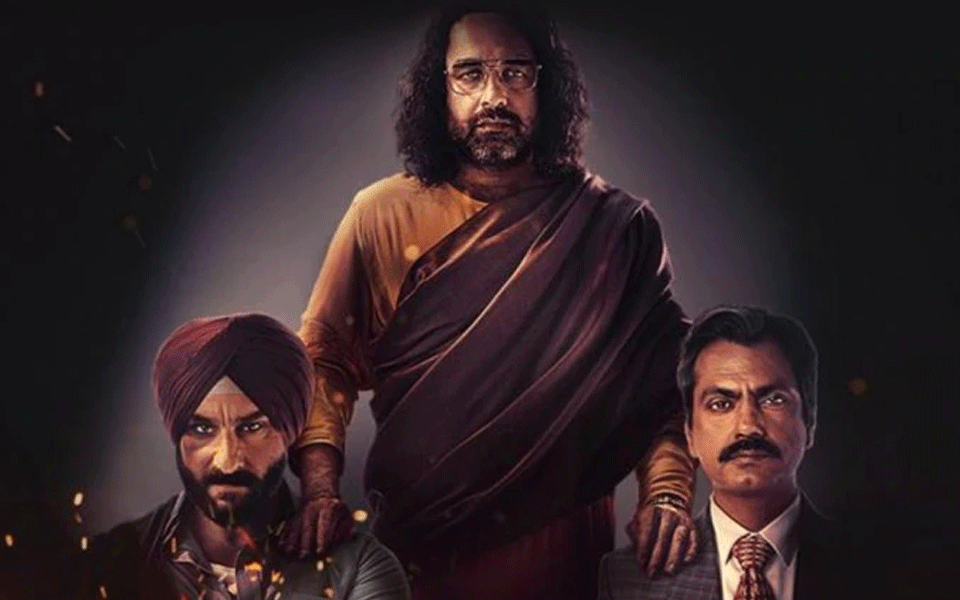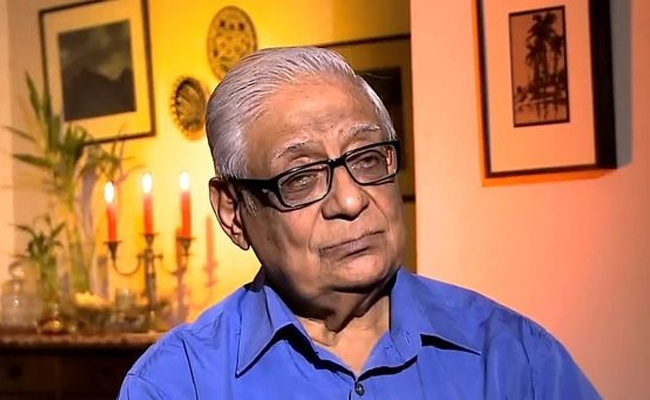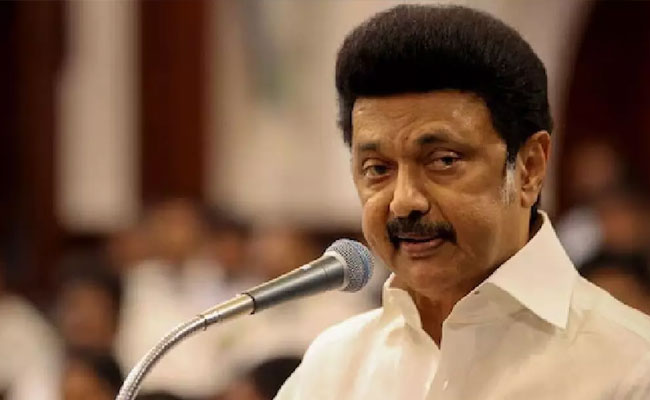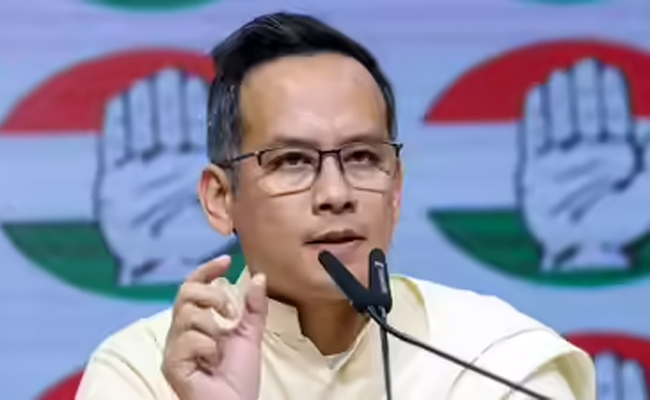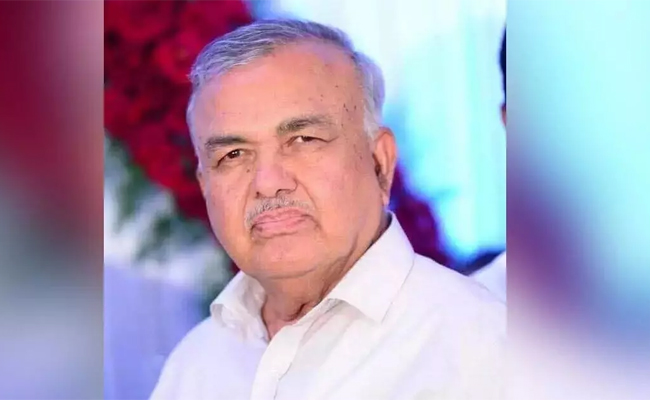Dubai: An Indian man in Sharjah is having sleepless nights as his phone keeps ringing with unwanted calls from around the world after his mobile number was flashed during the second season of the blockbuster web series "Sacred Games" on Netflix.
Kunhabdulla CM, a 37-year-old Keralite who works for a local oil company, had his phone number flashed as fictional gangster Sulaiman Isa's number in the first episode of the new season released on August 15.
"I have been getting incessant calls on my phone for the last three days from India, Pakistan, Nepal, the UAE and around the world. I don't know what is happening," Kunhabdulla told the Gulf News.
"Hearing my phone ring sends shivers down my spine. I want to cancel my number. I want this problem to go away," he said.
Kunhabdulla has never heard of "Sacred Games", the popular series on Netflix starring award-winning actors like Saif Ali Khan and Nawazuddin Siddiqui. Khan plays a Sikh cop in the series while Siddiqui is a Mumbai-based crime lord.
"What's Sacred Games? A video game? I work from 8 am to 7pm. I don't have time for such things," Kunhabdulla said.
"I got more than 30 calls today [Sunday] and it's draining my battery. In the last one hour, I got five calls asking for someone called Isa...Who is Isa? I don't have anything to do with him," he said.
Kunhabdulla's number went public in the scene where an undercover Indian agent from Kenya hands a chit to Ganesh Gaitonde (Siddiqui) bearing the number of dreaded gangster Isa.
Although the number was not visible on the small piece of paper, the subtitles gave it away.
Shortly after the story was published, Netflix, the American media-services provider and production company, wrote to the Gulf News, saying that they had removed Kunhabdulla's number.
"We apologise for any inconvenience caused. As soon as we were alerted to the situation, we resolved the issue and removed the phone number from the subtitles," Netflix said in a statement to Gulf News on Monday.
Let the Truth be known. If you read VB and like VB, please be a VB Supporter and Help us deliver the Truth to one and all.
New Delhi (PTI): HK Dua, a distinguished journalist and a veteran of Indian public life who held the rare distinction of helming editorial operations at three of India's leading newspapers, passed away on Wednesday at the age of 88.
He breathed his last peacefully this afternoon at a private hospital, a member of his family said.
His cremation will take place at Lodhi Road crematorium on Thursday.
Dua was admitted to the hospital around three weeks ago. He was survived by wife Adity and son Prashant.
In a remarkable career spanning over four decades, Dua traversed the world of journalism, served as a media advisor to two prime ministers -- Atal Behari Vajpayee and HD Deve Gowda -- and transitioned into the roles of a diplomat and parliamentarian.
A Padma Bhushan recipient, Dua was known for his affable persona, sharp political insight and unwavering commitment to editorial independence. He commanded respect across the political spectrum.
Dua served as editor of The Hindustan Times (1987-94), Editor-in-Chief of The Indian Express (1994-96) and The Tribune (2003-09) and Editorial Advisor for The Times of India (1997-98).
Born on July 1, 1937, Dua also served as India's ambassador to Denmark (2001-2003).
He was a nominated member of Rajya Sabha (2009-2015), where he contributed significantly to debates on foreign affairs and national security. He was also part of several high-profile parliamentary committees, including the Standing Committee on Foreign Affairs and the Consultative Committee for the Ministry of Home Affairs.
A two-term president of the Editors' Guild of India and a steadfast defender of democratic values, Dua also served on the National Security Advisory Board and received honorary doctorates from Punjab and Kurukshetra Universities for his contributions to the Fourth Estate.
Apart from the Padma Bhushan, he received several awards, including the Durga Ratan award and the Bal Gangadhar Tilak award for excellence in journalism.
Leaders across the political spectrum and members of the media fraternity expressed condolences over Dua's demise.
"My deepest condolences on the passing of H K Dua, a distinguished journalist, diplomat, and Padma Bhushan recipient whose commitment to truth, editorial independence, and public service enriched public discourse," Congress president Mallikarjun Kharge said on social media.
Shiromani Akali Dal President Sukhbir Singh Badal said Dua upheld editorial independence with unwavering integrity, sharp insight, and commitment to democratic values.
"His contributions as a journalist and an editor across leading newspapers leave behind an enduring legacy," he said.
Congress MP Shashi Tharoor said: "A journalistic giant has left us."

